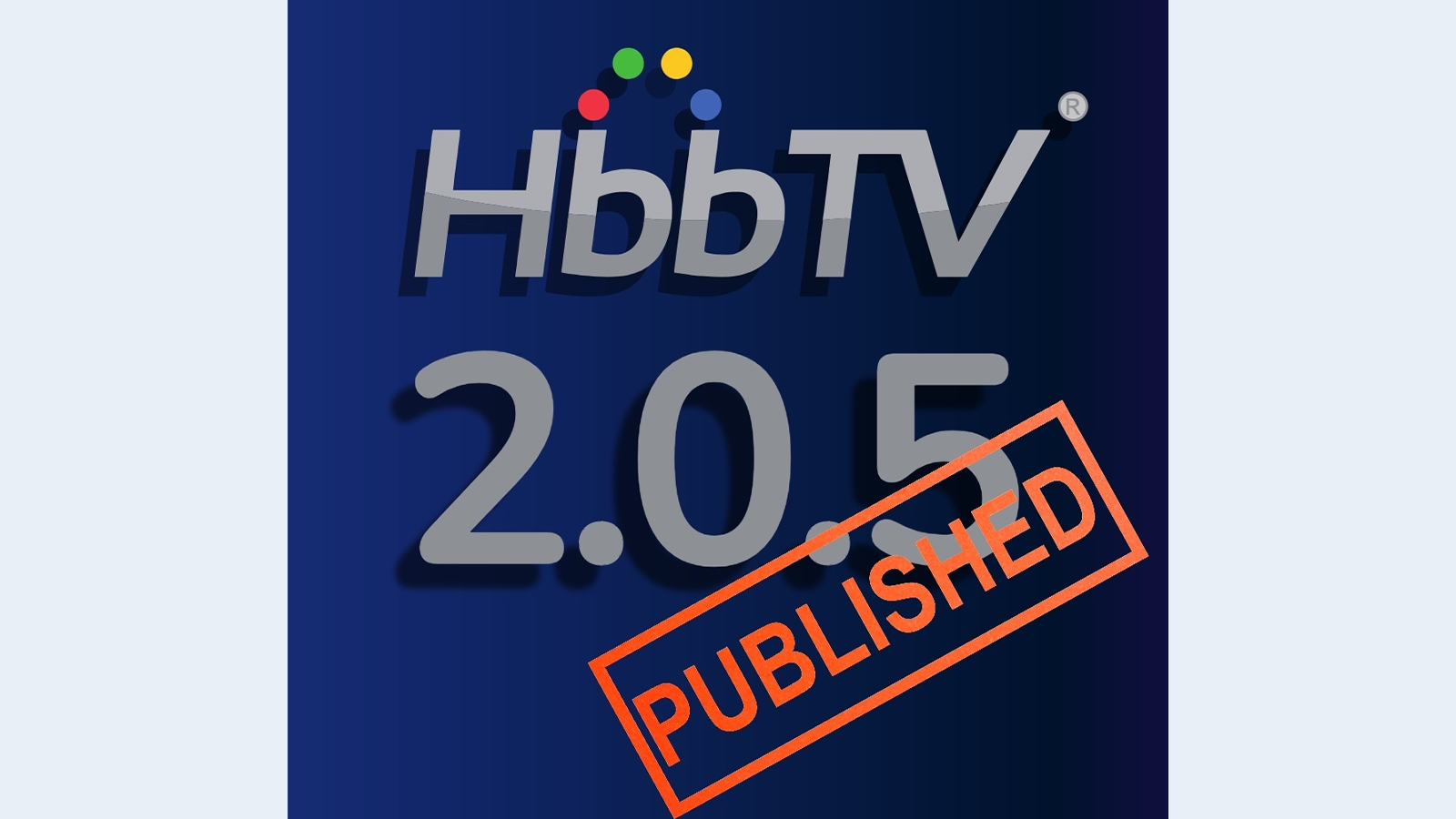WBTV installs Jünger’s Level Magic to balance audio levels
The professional video industry's #1 source for news, trends and product and tech information. Sign up below.
You are now subscribed
Your newsletter sign-up was successful

WBTV, the CBS affiliate in Charlotte, NC, has invested in Jünger Audio’s Level Magic processing to address audio issues it was experiencing in the wake of its change to digital transmission. One of the oldest TV stations in the United States and one of two flagship stations for Raycom Media, WBTV switched off its analog Channel 3 signal and began broadcasting on digital Channel 23 in 2009. According to Don Shaw, the station’s director of operations and engineering, the move left a huge gap in the audio processing and level control of its signal.
“Loudness control is at the forefront of every station’s mind these days, and WBTV was no exception,” Shaw said. “After switching off our analog transmitter, viewer complaints began to stack up, and rightly so, because our audio levels were all over the map. Huge disparities existed between our studio, commercial, program and network levels. Even after lengthy adjustments and oversight with the operators, we could not control the audio levels effectively.”
In the course of its search for a solution, WBTV learned of Level Magic, Jünger’s automated loudness control system. Level Magic successfully mediates the problems caused by surprise level changes when switching from one source to another and is capable of using virtually any kind of I/O source (analog, AES digital, SDI and HD/SDI in mono, stereo, discrete 5.1, Dolby Digital 5.1 and all its related metadata), which gives it the flexibility for use in both production and on-air broadcast. The product employs a sophisticated adaptive-level control algorithm that uses a simultaneous combination of automatic gain control, a transient processor for fast changes and a “look ahead” peak limiter. The result is continuous, unattended level adjustment regardless of the source material, with no pumping, breathing or distortion.
“Thankfully, we were given approval to purchase a Jünger Audio processor with HD and Level Magic cards,” Shaw said. “Our audio instantly improved, and all of our sources are now matched perfectly. There are no more audio lulls in soaps, followed by blaring commercial breaks and the ensuing viewer complaints afterwards. All of that has now completely gone.”
The professional video industry's #1 source for news, trends and product and tech information. Sign up below.
